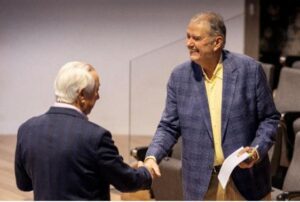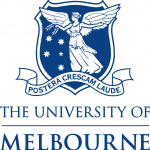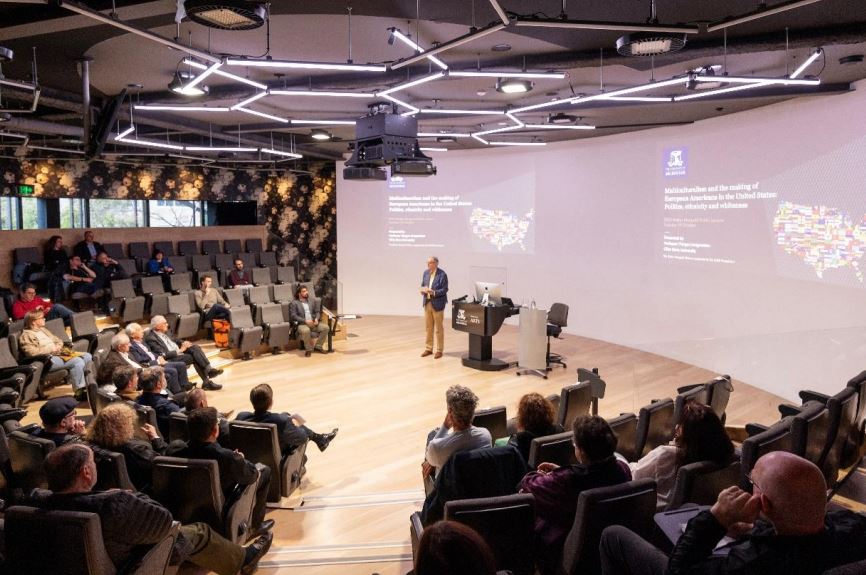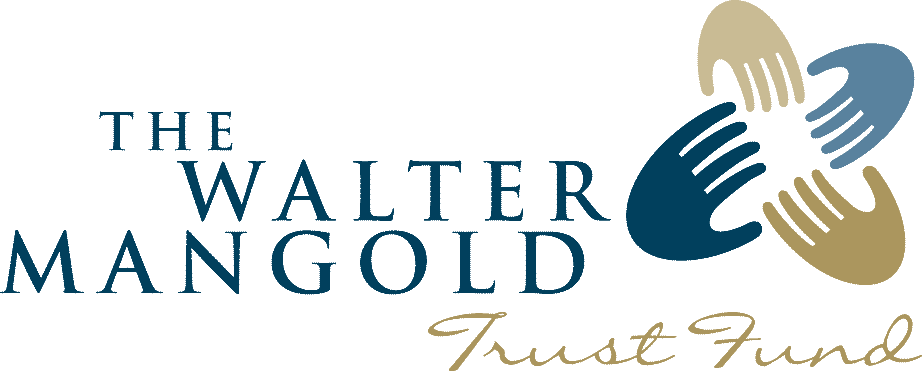Reflections.
Meet our
latest Mangold Fellow:
Professor Georgios (Yiorgos) Anagnostou

In 2023 Visiting Fellow Professor Georgios (Yiorgos) Anagnostou from The Ohio State University came to the University of Melbourne to deliver a special program.
Professor and the Director of the Modern Greek Program at The Ohio State University. His research interests include modern Greek studies and American ethnic studies, with a focus on Greek America. His published research covers a broad range of subjects, including film, documentary, ethnography, folklore, literature, history, sociology, and public humanities. Since the late 1990s he has been serving the Modern Greek Studies Association (MGSA) in various capacities, including the organizing and co[1]organizing of two Symposia. He has co-founded the Greek American Studies Resource Portal (2005-present), whose mission is to share with the public information about the scholarship and the arts in Greek America.

Reflections
of a
Mangold Fellow.

ACADEMIC REFLECTIONS
“This Walter Mangold Fellowship has set in motion a wide range of connections between Australia, the United States, and Greece. It has been profoundly transformative and is already producing academic and community outreach results. It will undoubtedly carry a substantial long-term impact, as I now cherish to continue the conversation with the colleagues and friends I have made both in the academic world of the University of Melbourne and the Greek Australian community which has embraced me.”
My visit, funded by the Walter Mangold Fellowship (27 September – 14 November 2023) provided many opportunities for academic collaborations and exchange of ideas, both in formal and informal venues, with colleagues as well as artists and intellectuals working on issues of migration and diaspora at the University of Melbourne and the city’s broader cultural life. It also functioned as a springboard for several new research and public outreach projects. This was a generative experience whose academic as well as cultural impact I will detail at the conclusion of the report.
Engaging with students was yet another intellectually productive space. In collaboration with Dr Piperoglou we cotaught a hybrid masterclass, “Diasporas, Ethnicities and the Politics of Whiteness: Australian and the United States Compared,” with graduate students from Faculty’s Australian Centre, the Melbourne Social Equity Institute’s Interdisciplinary Program in Migration, Refugees and Statelessness, and School of Historical and Philosophical Studies. The masterclass allowed postgraduate students and early career scholars an opportunity to explore the meaning and significance of three terms often associated with cultural difference: Ethnicity, Whiteness and Diaspora. Following an overview of the evolving use of the terms in migration and ethnic studies, a wide-ranging discussion with twenty-five postgraduate attendees took place and students were given a space to share how the presented terms linked to their own research projects.
Upon the invitation of Professor Tim Parkin, the Elizabeth and James Tatoulis Chair in Classics and Deputy Associate Dean (Partnerships) in the Faculty of Arts, I also had to pleasure to visit the friendly and illustrious Ormond College and attended the W H ‘Barney’ Allen Memorial Lecture, as part of the Classical Association of Victoria’s annual calendar. The lecture was delivered by the Head of School of Historical and Philosophical Studies, Professor Margaret Cameron. Professor Cameron’s lecture, “Why are ancient philosophical ways of thinking so relevant again today?” was enlightening and I enjoyed meeting some of the next generation of classical scholars. I was also provided with the opportunity to interact with undergraduate history students for the History programs capstone subject, Making History (HIST30060), where I shared the major contours of my research trajectory and reflected on the questions and principles guiding my work. I enjoyed engaging with the students’ insightful questions in the Q&A and had the opportunity during the break to chat with interested students about the place of diaspora in their own research projects and interests in historical research.
The Walter Mangold Lecture was the centrepiece of my academic activities during my Fellowship. After Dr Piperoglou gave warm and insightful opening remarks, the lecture, entitled “Multiculturalism and the Making of European Americans in the United States: Politics, Ethnicity and Whiteness,” presented my research on the identity formation of European Americans in post-1960s United States and in the context of American multiculturalism. A key focus of the presentation focused on the role of the arts to disseminate multifaceted representations of European Americans who are often portrayed in a stereotypical and reductive manner in popular culture. The lecture was well received by an assortment of attendees, including early career scholars, board members of the Greek Community of Melbourne, and the Melbourne’s Greek Consul General.
Linked with the newly established Senior Hellenic Lecturer in Global Diasporas, my visit was also connected with the cultural life of the Greek Australian community. To this effect I gave two community talks (one in Melbourne, the other in Sydney) and several interviews, which were published in ethnic Australian media (including SBS Greek, Neos Kosmos, The Greek Herald, and 3ZZZ Melbourne Ethnic Community Radio). I visited with scholars working on Greek language teaching pedagogies at the University of La Trobe and Macquarie University. I also met with modern Greek language and culture faculty at the University of Sydney. My Greek language related activities also included two roundtable discussions with community language educators in schools run by Melbourne’s Greek community (including Alphington Grammar).
My visit was profoundly generative. It provided multiple opportunities to engage with questions of global diasporas and the place of Greek diaspora studies in academic and public discourse in Australia, United States and Greece. A key interlocutor was my host, Dr Piperoglou who generously invested time and energies to create numerous intellectual opportunities for inquiry on the topic. My conversations with him were the intellectual highlight of my visit. The questions I intensely discussed with Dr Piperoglou involved two major domains of action: a) academic work toward promoting comparative Greek diaspora studies scholarship, in conference panels, initially, and eventually a themed issue in the leading Journal of Modern Greek Studies; b) public scholarship – a collaborative endeavor for disseminating knowledge about diaspora arts and letters to a broad, non-academic audience. Our vision is to keep linking theoretically sophisticated scholarship on Greek diaspora with academic discussions about global diasporas; and contribute to the public understanding of diaspora issues.
The research and community outreach prospects generated from my visit are exciting and multiple. I have already published a newspaper article in the prestigious TOBHMA (in Greek) explaining the significance of researching Greek global diasporas in the context of the Senior Hellenic Lectureship in Global Diasporas at the University of Melbourne. In the outreach front I have also published short reflective commentaries on: a) the theatrical play “The Life of Byron,” a story about growing up Greek Australian and which I attended in Melbourne; b) the work of Eugenia Raskopoulos, whose art I encountered at the Art Gallery of New South Wales, Sydney. I have also published a longer essay about Greek Australian literature in my blog. Forthcoming projects include featuring the work of Greek Australian researchers, translators and writings in the open access, e-journal Ergon: Greek/American and Diaspora Arts and Letters. To this end, I am currently working with the Greek Australian translator and researcher Dr Helen Nickas, the poetry collective Kalliope X, and the early career scholar, Daphne Arapakis, who is enrolled in the Faculty’s School of Social and Political Sciences PhD program. At the academic front, in addition to the book chapter I mentioned above, I will be incorporating insights I gained during my visit in yet another forthcoming chapter on the global Greek diaspora (in which Dr Piperoglou will also be a contributor). My collaboration with Dr Piperoglou, as I have indicated, will proceed in a variety of academic forums, including conference panels, edited books, and special journal issues. A major US-based journal devoted to the study of modern Greece and its diasporas has expressed interest in our projects. I am looking forward to our continuing intellectual exchange.
“…greater understanding and tolerance between the people of the world – and consequently a lessening of conflict – could be achieved through the study of other languages and cultures.”
Anne Marie Herzenberg on Walter Mangold
